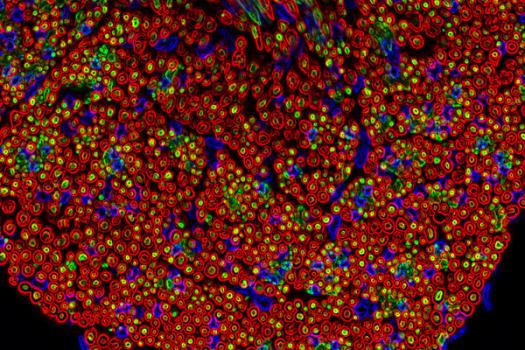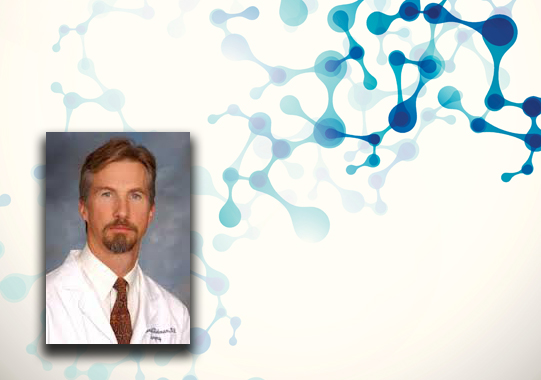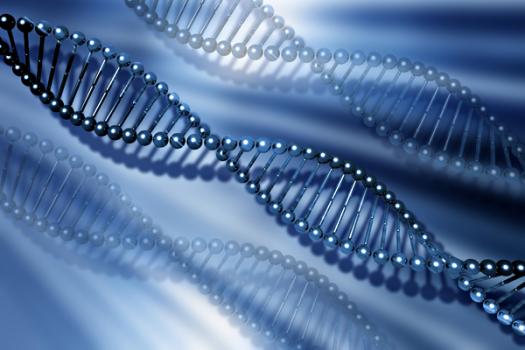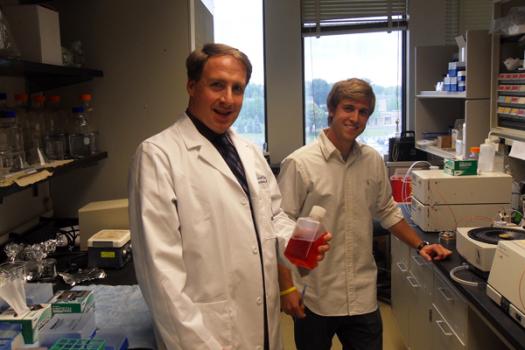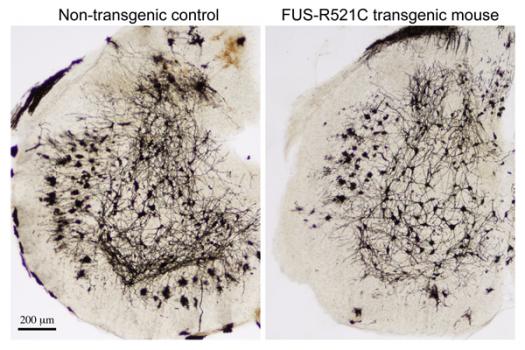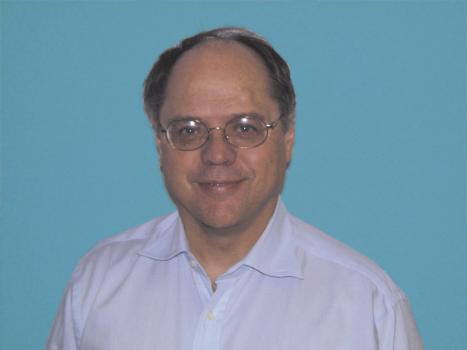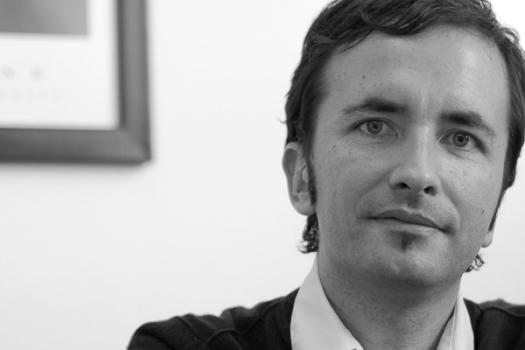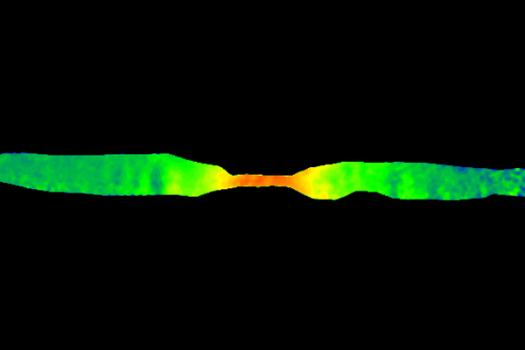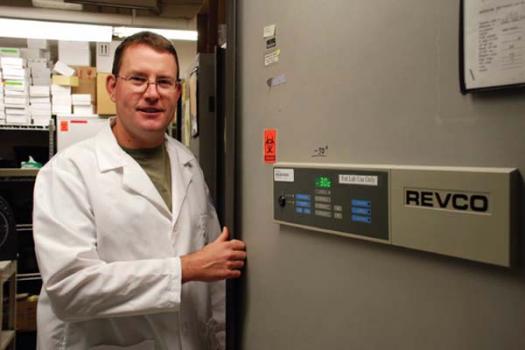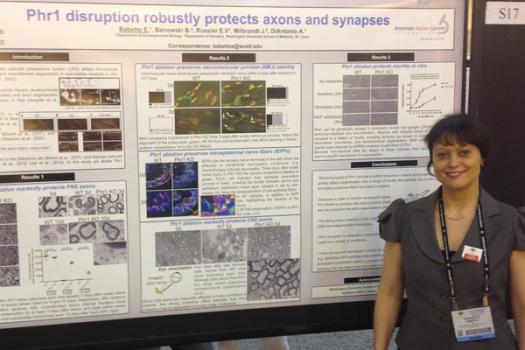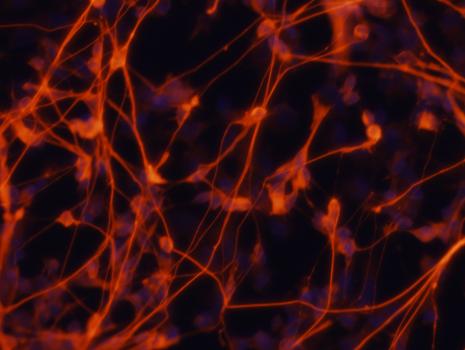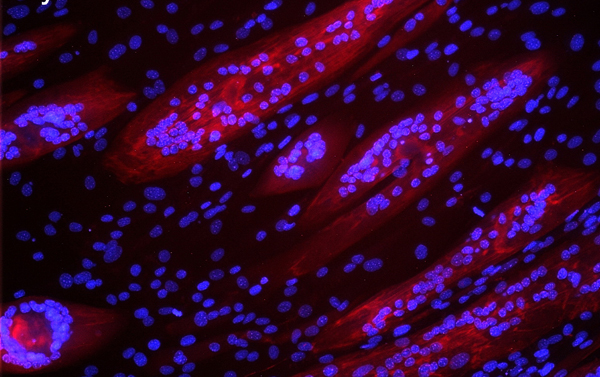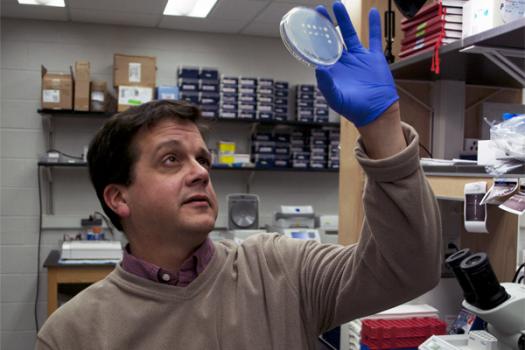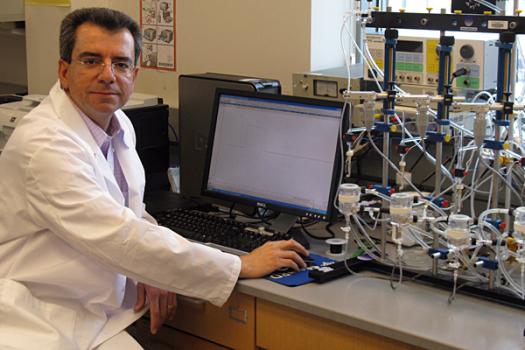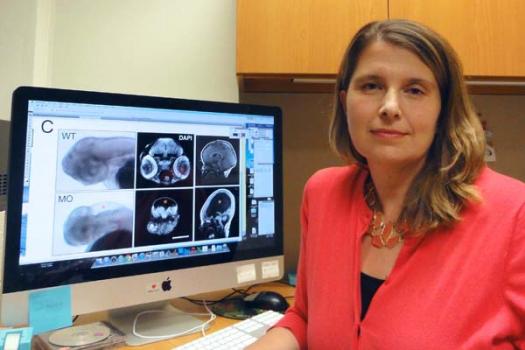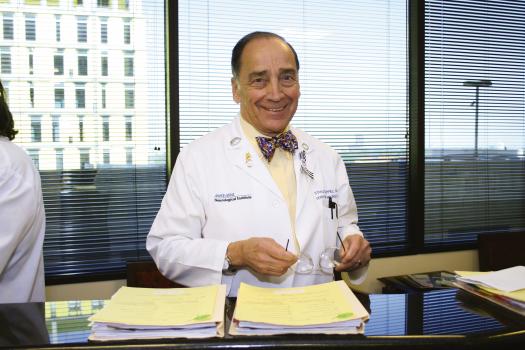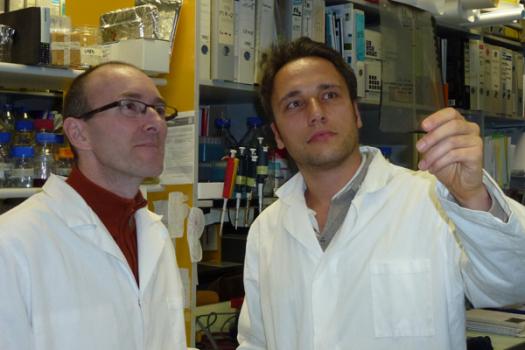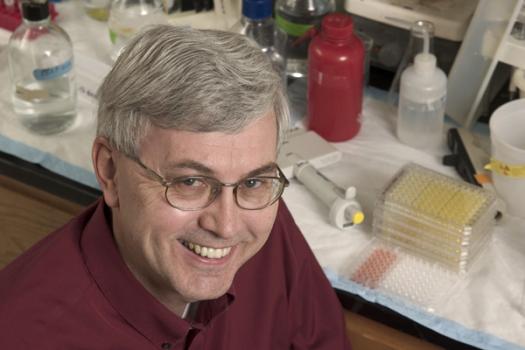
Joseph Beavo, professor of pharmacology at the University of Washington in Seattle was awarded an MDA research grant totaling $412,500 over a period of three years to study how the drug sildenafil acts to improve the function of heart muscle in animal models of Duchenne muscular dystrophy (DMD).
Sildenafil is best known as the brand-name drug Viagra, used to treat erectile dysfunction. But it also can help protect muscles from damage in models of DMD and other diseases. One of the most important muscles researchers hope to protect is the heart muscle.
“At present, there are no effective treatments for most of the cardiac pathology in DMD patients,” Beavo says. Recent work from his group and others strongly suggests that sildenafil improves much of the dysfunction seen in older mdx mice (an animal model of DMD), “potentially opening a new therapeutic treatment for the cardiac pathology seen in muscular dystrophy,” he says.
“In these early studies, it is not clear how this drug works at a molecular level to improve cardiac function,” Beavo says. While much is known about how the drug affects a cell-signaling molecule called PDE5, evidence is accumulating that this is not the route through which sildenafil benefits the heart. Instead, a less-well-known molecule called PDE1C may be the real target of the drug — a hypothesis that Beavo will test in mice.
The identification of the real target (or targets) for sildenafil is particularly important, as clinical trials of the drug in DMD or Becker muscular dystrophy (BMD) are already in progress. Learning how the drug acts on the heart will help researchers understand the results of those trials.
Until there are effective treatments for DMD and BMD, “it is important to effectively treat the symptoms of the disease,” Beavo says. Agents such as sildenafil that have the potential to influence cardiac muscle health may help lengthen and improve the quality of life for people with either DMD or BMD.
Funding for this MDA grant began Feb. 1, 2013.
Grantee: DMD, BMD - Joseph Beavo, Ph.D.
Grant type: Research Grant
Award total:
Institution:
Country:
